As the world moves towards a more sustainable and eco-friendly future, the automotive industry is undergoing a profound transformation driven by green technology. Car manufacturers are embracing innovative solutions, and the landscape of auto news is buzzing with exciting developments in electric cars and automotive design. Let’s delve into how green technology is shaping the future of the automotive industry.
The Rise of Electric Cars
Electric cars have emerged as the epitome of sustainable transportation. Car manufacturers worldwide are investing heavily in research and development to produce electric vehicles (EVs) that are efficient, reliable, and accessible to the masses. These EVs offer zero tailpipe emissions, reducing greenhouse gas emissions and combatting air pollution, a critical step towards a greener future.
Advancements in Battery Technology
The development of batteries has made enormous strides, which is partly responsible for the rise of electric vehicles. The range and performance of electric vehicles have increased because to better battery chemistry, higher energy densities, and faster charging times. Because they can now enjoy longer trips on a single charge, consumers are more likely to purchase EVs.
Charging Infrastructure Expansion
To support the widespread adoption of electric cars, an extensive charging infrastructure is essential. Governments and private companies are collaborating to set up charging stations across urban centers and highways, ensuring that EV owners have convenient access to charging facilities. This expansion of charging infrastructure addresses range anxiety concerns and encourages more people to switch to electric vehicles.
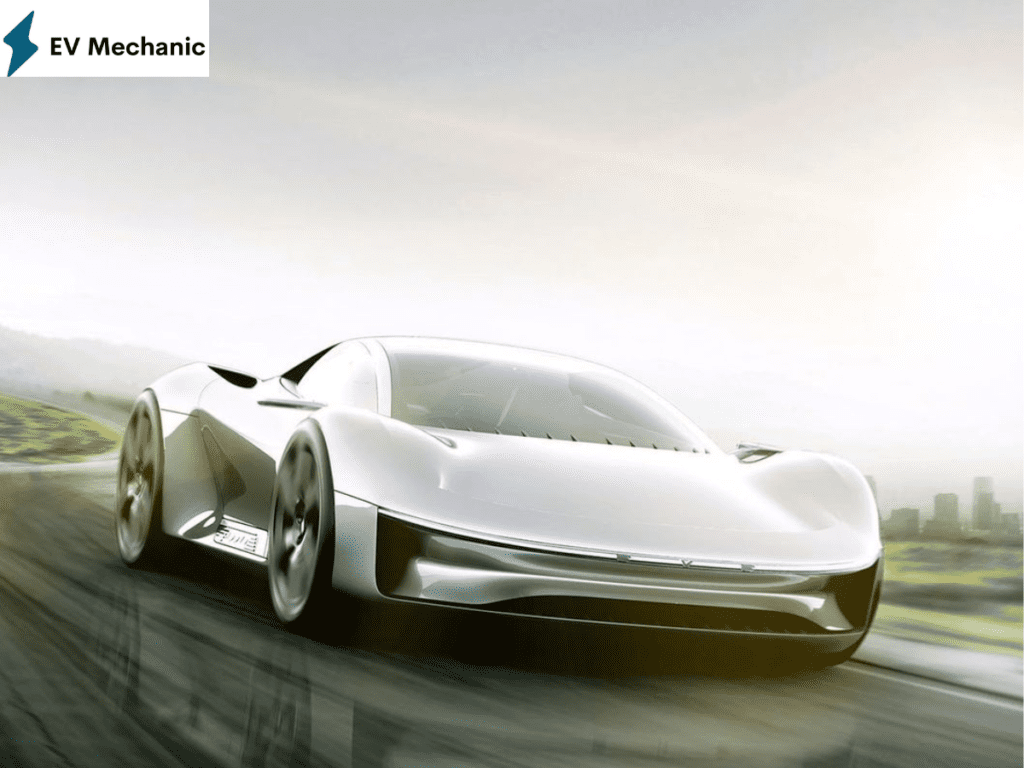
Auto News on Eco-Friendly Innovations
In the realm of auto news, there is a growing focus on eco-friendly innovations and sustainable automotive design. Car manufacturers are continually unveiling concept cars and prototypes that push the boundaries of green technology. From solar panels integrated into car bodies to regenerative braking systems, these innovations signal a new era of environmental consciousness in the automotive industry.
Automotive Design for Sustainability
Automotive design is another area where green technology plays a pivotal role. Car manufacturers are prioritizing lightweight materials, streamlined designs, and aerodynamics to enhance fuel efficiency and reduce energy consumption. Sustainable materials, such as recycled plastics and plant-based fibers, are being incorporated into interior components, further promoting eco-friendly automotive design.
The Road Towards Autonomous Driving
Electric automobiles alone are not the only kind of green technology. Autonomous driving technology is a key component of the automobile industry’s future since it offers the possibility of more effective and secure transportation. Route optimization, traffic congestion reduction, and fuel efficiency improvements made possible by autonomous cars can lead to more environmentally friendly and long-lasting urban mobility.
Sustainability as a Competitive Edge
Car manufacturers are increasingly recognizing that sustainability is not just a societal responsibility but also a competitive advantage. Consumers are actively seeking eco-friendly vehicles, and companies that prioritize green technology are gaining a competitive edge in the market. As sustainability becomes a defining factor in the automotive industry, manufacturers are making significant strides to meet the evolving demands of environmentally conscious consumers.
Conclusion
Green technology is revolutionizing the automotive industry, driving the transition towards a more sustainable and environmentally friendly future. With electric cars leading the charge, car manufacturers are leveraging advancements in battery technology and charging infrastructure expansion. Auto news is abuzz with eco-friendly innovations and automotive design that prioritize sustainability. As the automotive industry embraces green technology, the vision of a greener, cleaner, and more sustainable future is becoming a reality.


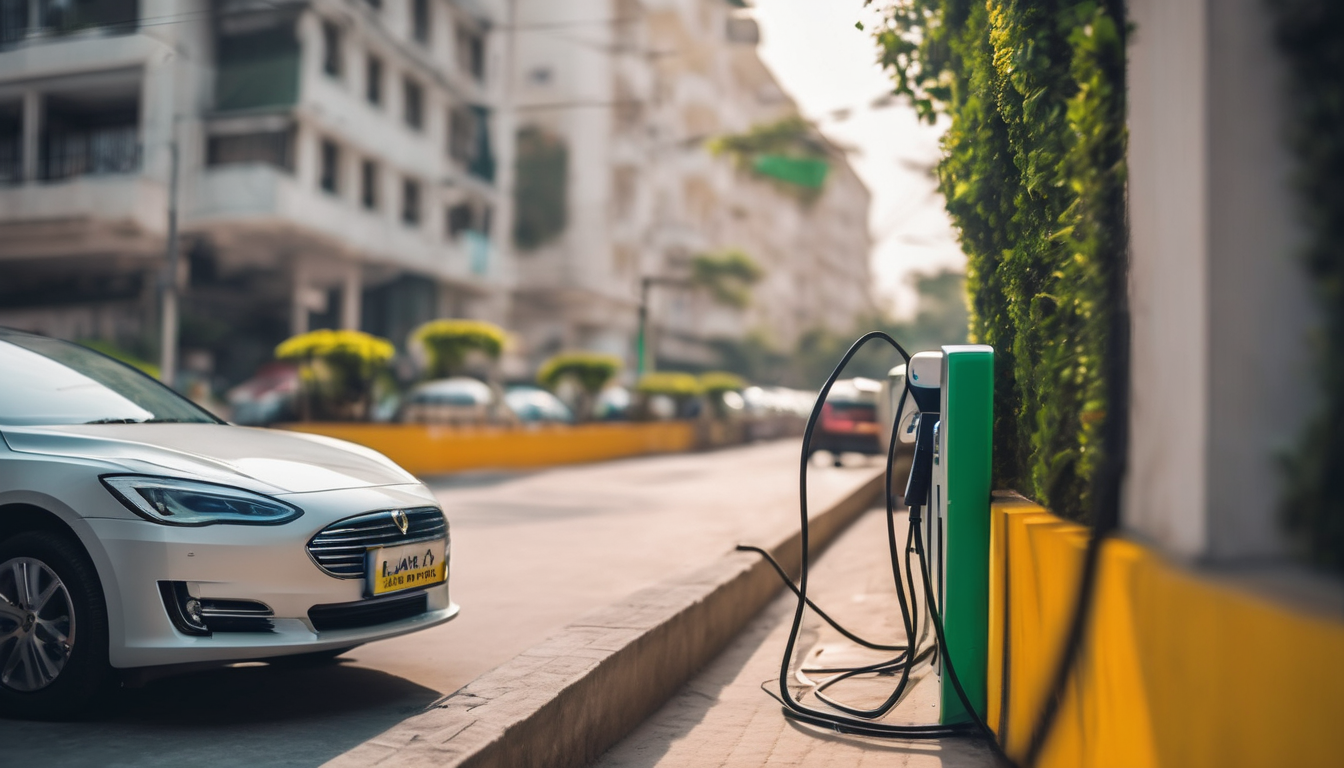
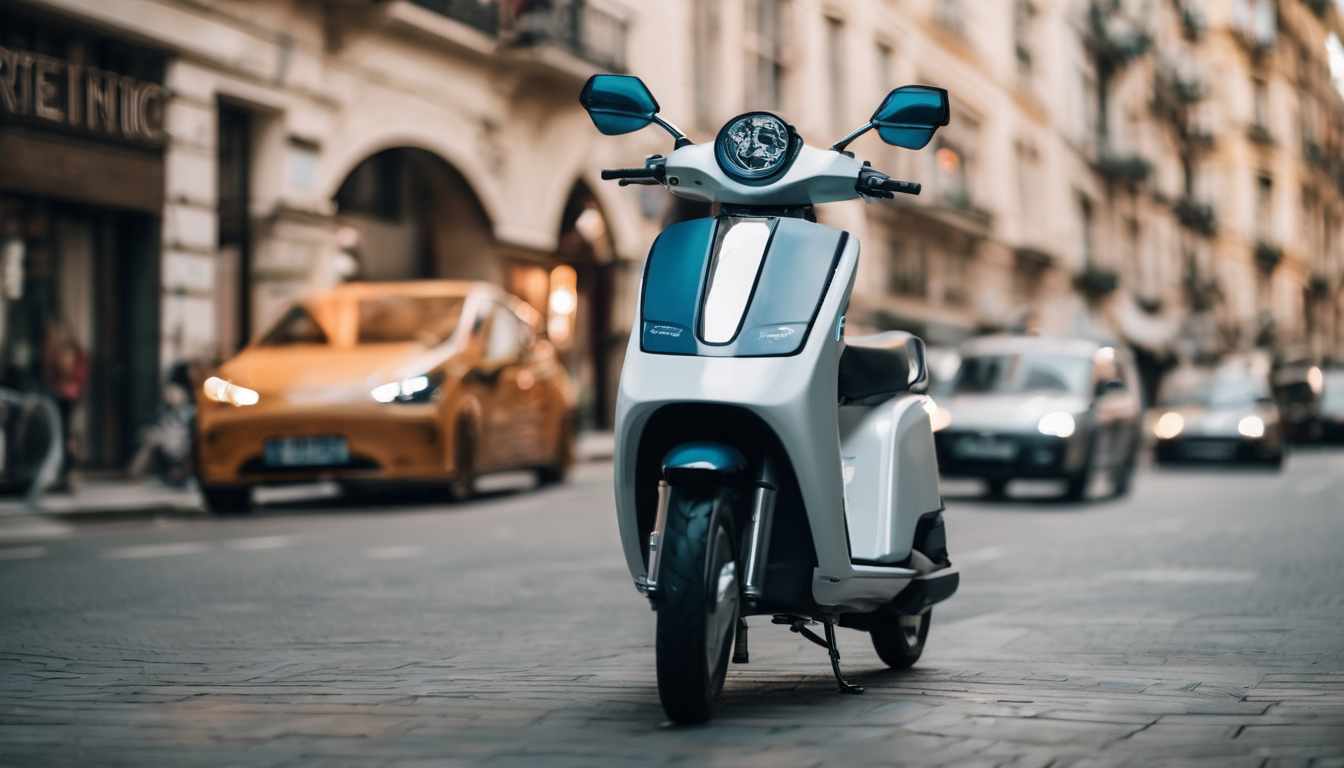
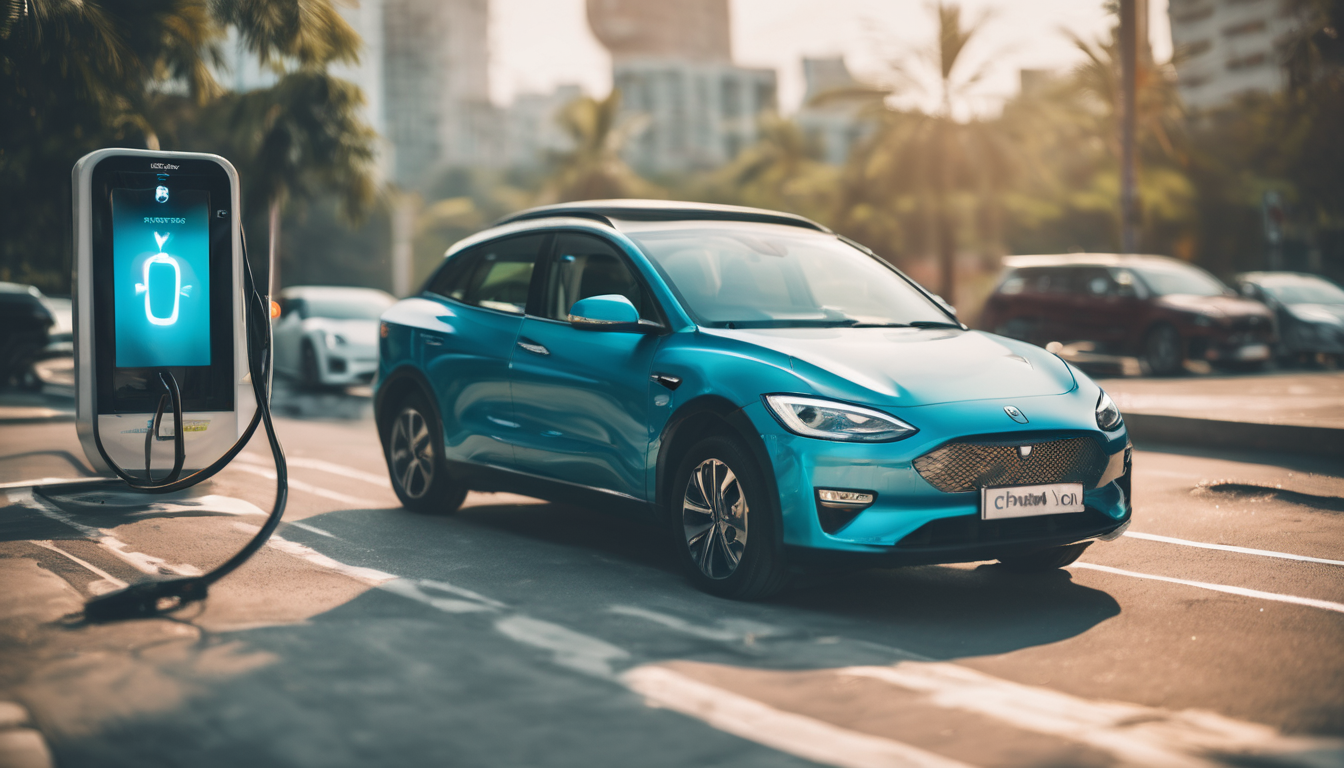
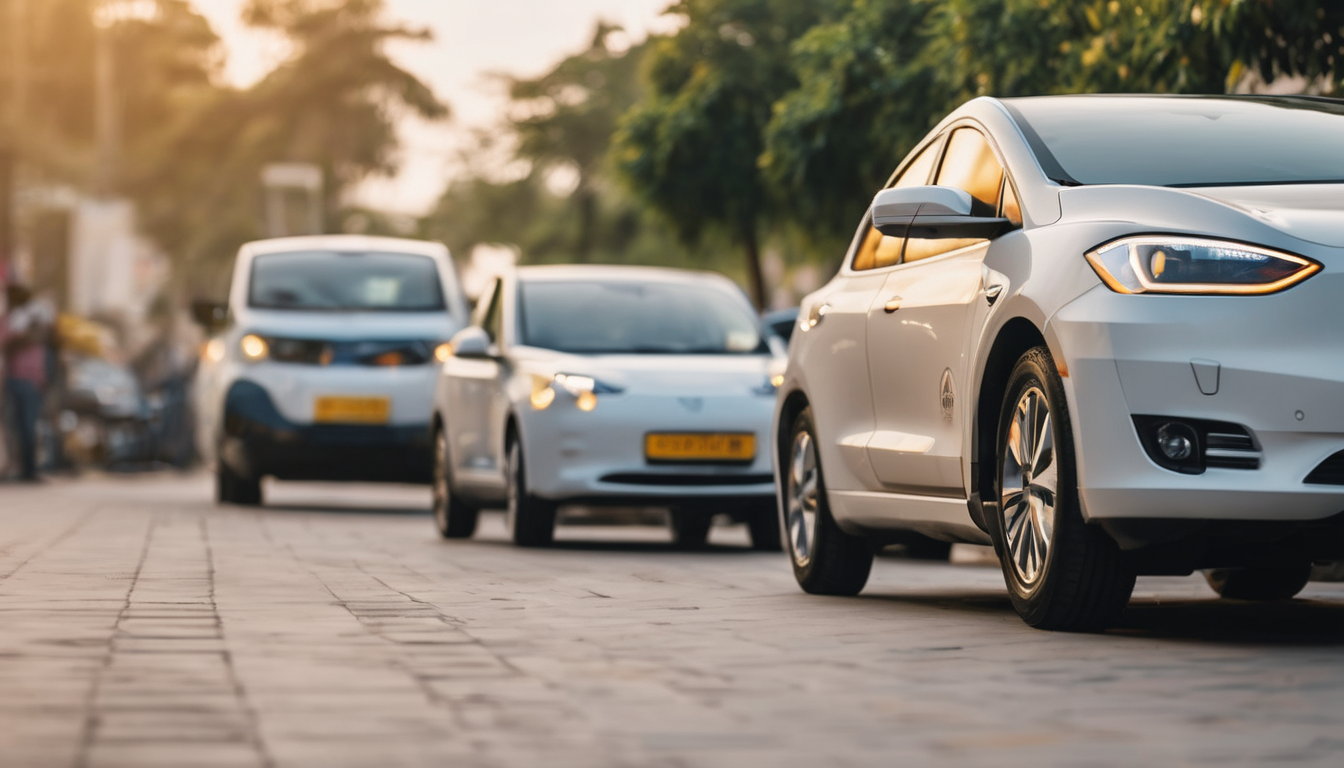
[…] of the latest data, electric vehicles account for a notable share of the overall automotive market in India. While traditional internal […]
[…] environmental awareness is another factor that is driving the growth of the electric car market. People are becoming more aware of the environmental impact of gasoline-powered cars, and […]